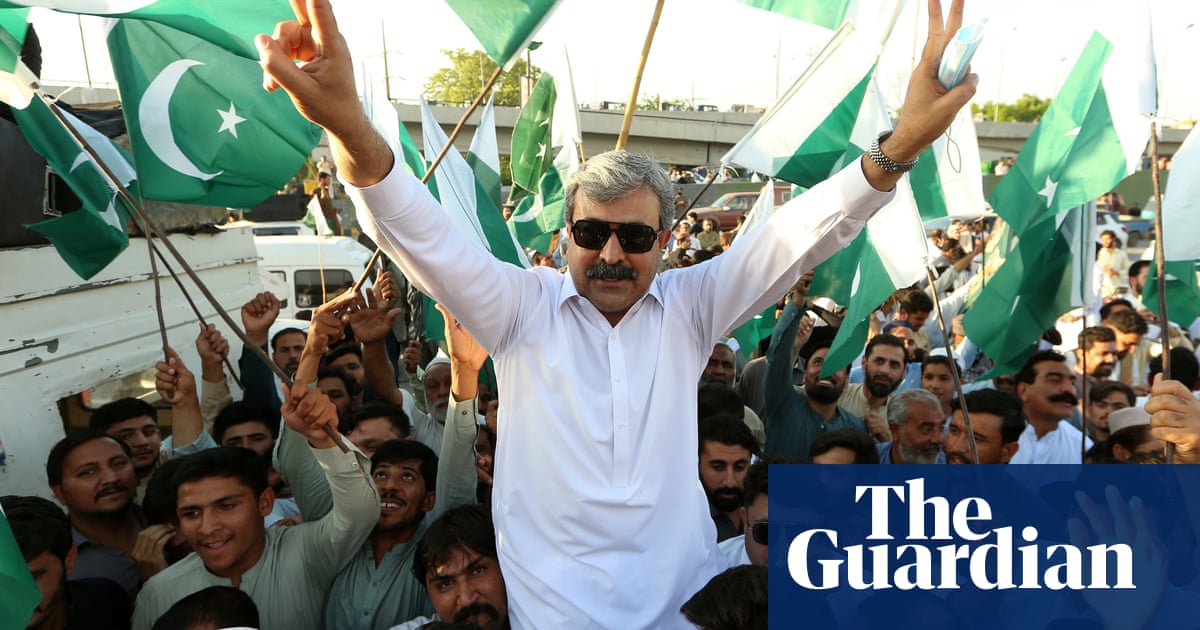 |
|
The recent ceasefire between India and Pakistan, brokered with significant involvement from the United States, particularly Donald Trump, has resulted in both nations claiming victory, further fueling nationalistic sentiments. The declaration of a truce followed a period of escalating clashes, including missile and drone strikes targeting military bases, bringing the two nuclear-armed countries dangerously close to a full-scale war. While the ceasefire was initially met with optimism, fears arose quickly after renewed firing along the disputed Kashmir border. Despite these initial concerns, the situation stabilized by Sunday morning, offering a glimmer of hope for a more lasting peace. Both countries have traded accusations regarding who triggered the initial violations, with Pakistan reiterating its commitment to implementing the ceasefire faithfully, while India warned of a fierce response to any further provocations. The response to the ceasefire internally has been a celebration of military prowess, with India's defense minister stating the military offensive showcased its political, social, and strategic willpower and Pakistani celebrations marking a day to recognise the armed forces' response. Amidst the mutual self-congratulatory messages, however, the deep-seated issues of contention, particularly the Kashmir dispute, remained unresolved, casting a shadow over the long-term viability of the peace. The underlying sentiment among many residents on both sides of the border is that ceasefires are temporary fixes, and the core problem continues to threaten them.
The United States, specifically Donald Trump, Marco Rubio, and JD Vance, played a pivotal role in securing the ceasefire, engaging in intense diplomatic negotiations with both countries. Initially, the US had expressed reluctance to intervene, but concerns about the potential escalation to a nuclear conflict prompted a change in stance. The proactive involvement of the US, including phone calls from Trump, highlighted the president's growing interest in the subcontinent. The article details the military claims of both sides, with India alleging significant casualties on the Pakistani side, including soldiers and terrorists, while also claiming to have downed Pakistani planes. In contrast, Pakistan claims to have downed several Indian military jets. The conflicting narratives and unverifiable claims highlight the complexities of the conflict and the difficulty in establishing a clear picture of the events that unfolded. While the ceasefire brought a temporary respite from the violence, the unresolved issues and conflicting claims continue to pose a threat to regional stability. The long-standing dispute over Kashmir remains the core problem, continuing to put ordinary citizens at risk of being caught in the middle of the crossfire.
The perspectives of residents living near the disputed border in Kashmir provide a stark contrast to the celebratory narratives of the respective governments. While welcoming the ceasefire, they express skepticism about its long-term impact, highlighting the recurring nature of such truces and the absence of any real progress in resolving the underlying issues. The concerns of these residents underscore the human cost of the conflict and the urgent need for a more sustainable and peaceful solution. The residents of Kashmir have been impacted both physically and mentally, with reports stating the initial strikes by Indian missiles resulted in the deaths of 31 people in Pakistan. India's official justification for these strikes was that they aimed at destroying "terrorist infrastructure and training camps." These claims came in response to an attack in Indian-administered Kashmir which saw 25 Hindu tourists and a guide killed. While India blamed these attacks on Pakistani-backed extremists, a resident living on the Pakistan-controlled side of the disputed Kashmir border offered his gratitude to Trump, hoping the ceasefire would allow them to live in peace once more. The fragile nature of peace is evident throughout the entire report, and with many feeling unsafe within their own homes, a real and long-term solution is necessary to prevent violence erupting again.
Source: India and Pakistan both claim victory after ceasefire declared
